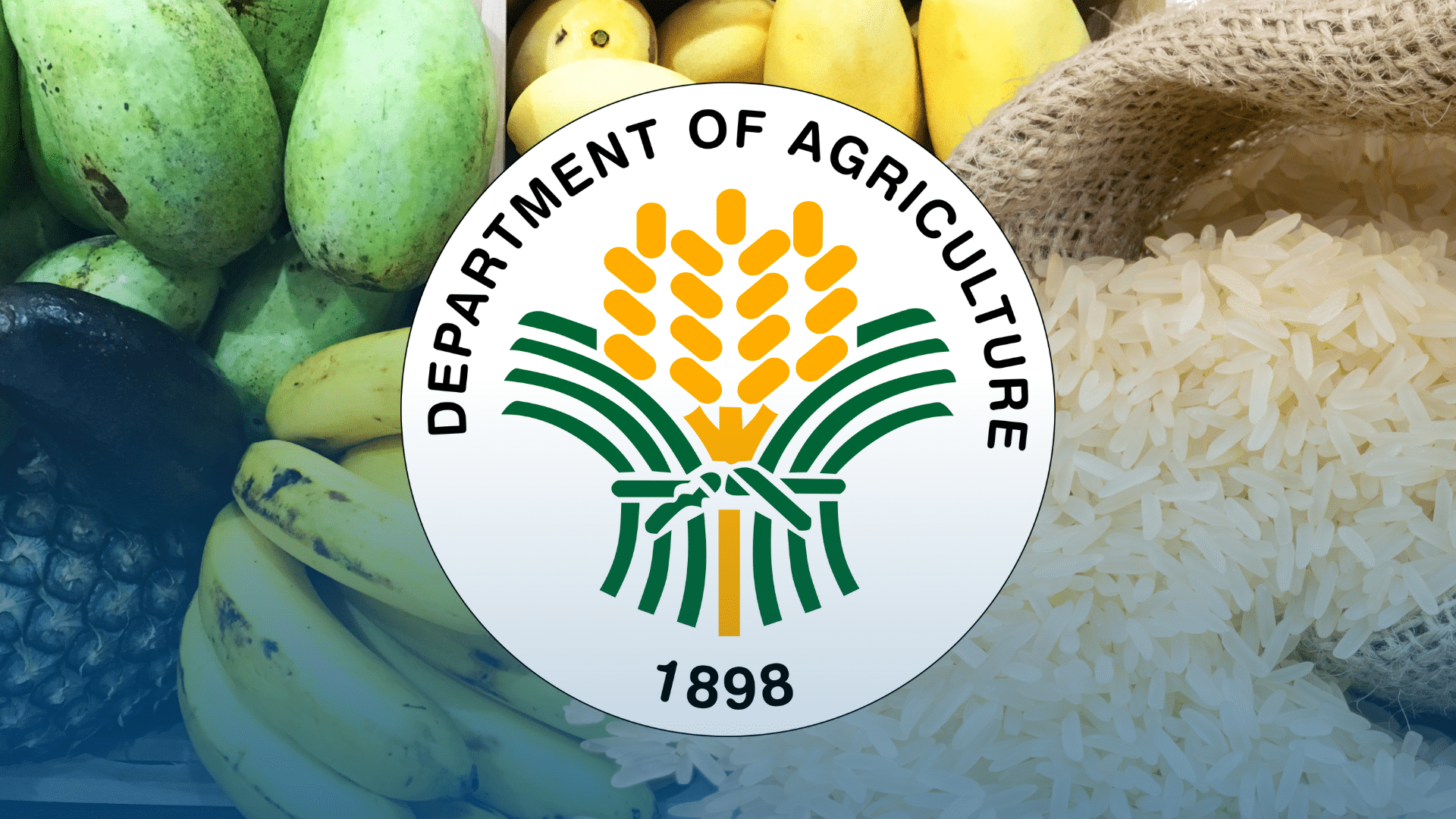
THE Philippine Sugar Millers' Association Inc. (PSMA) sees no need to import sugar, as the country is experiencing a surplus in the production of the commodity that can last until the end of the crop year.
"The country has an abundant supply of sugar this year. Our increased production has filled our warehouses, so there is no need to import at this time," Jesus Barrera, PSMA executive director, said in a statement on Tuesday.
Barerra made the statement following the announcement by the Sugar Regulatory Administration (SRA) that it was planning to import raw sugar for buffer stocking and to prevent supply shortages and price spikes.
SRA said the volume of sugar to be imported could range from 185,000 metric tons (MT) to 200,000 MT, as endorsed by President Ferdinand Marcos Jr. and Agriculture Secretary Francisco Tiu Laurel Jr.
Citing government data, raw sugar production reached 1.921 million MT as of May 12, higher than last year's same-period output of 1.799 million MT. Likewise, refined sugar production went up to 687,823 MT from the previous crop year's 624,389 MT.
In comparison to last year's stock levels, inventory of raw and refined sugar increased by 26 percent and 35 percent, respectively, and totaled 1.15 million MT in raw equivalent.
The PSMA, meanwhile, said that included in the total inventory was imported refined sugar with an equivalent volume of 135,675 MT purchased last year and unused.
"Even with sugar milling already closed for the season, we are confident that our current sugar inventories will last beyond the start of the next crop year, which is estimated to be on October 1, 2024," Barrera said.
"However, we will continue monitoring the impact of El Nino on the supply levels in the upcoming 2024-2025 harvest," he added.
The SRA earlier said it identified a trigger point on stock levels that would be the basis of the activation of its importation plan.
For its part, PSMA said that sugar demand fell this season, with withdrawals of domestic raw sugar decreasing by 4.23 percent and local refined sugar by 7.20 percent. Meanwhile, withdrawals of imported refined sugar rose by 16 percent.
Read The Rest at :





